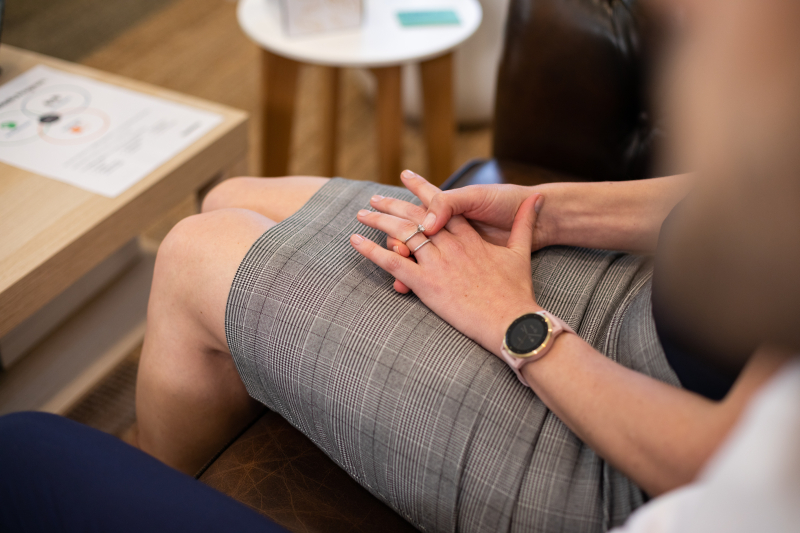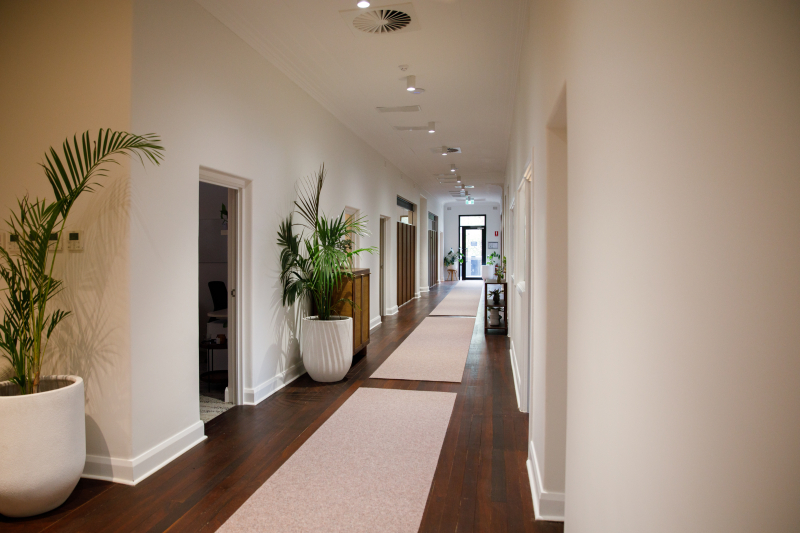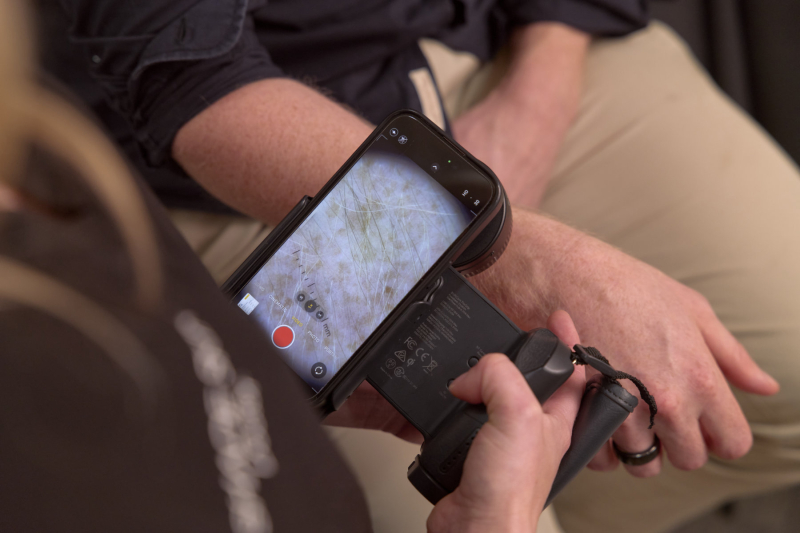Advances in technology have resulted in many positive changes such as improved access to education, advances in medicine and the ability to contact friends and family from anywhere in the world. However, the impacts of increased connectedness have not all been positive and we are only just beginning to understand the potential implications of technology on our mental health.
One recent review of literature outlined associations between frequent smart phone use and negative mental health outcomes such as depressive symptoms and sleep problems in adults and children. Excessive smart phone use can affect our mental health in a number of ways:
Sleep: We know sleep is integral in mental health and it is one of the first things to be assessed when someone presents with a mental health concern. During the day, we are inundated with new experiences and information and sleep is crucial in providing the brain an opportunity to process all of this information and store it in our memory. However, mobile phone use at bedtime is associated with shorter sleep duration and lower sleep quality.
Dependency: Social media, games and apps are designed to be addictive. Not unlike machines at casinos, they use lights, visual displays, noises and algorithms to build dependency. Smartphone addiction is common among teens and adults and includes use of a phone while undertaking activities such as working, studying, driving, social gatherings and throughout sleep. This addiction, like any, can have a negative effect on the thoughts, behaviours, feelings, and sense of well-being. It can be a risk factor for depression, loneliness, anxiety and sleep disturbances. Endless feeds of content on social media platforms can result in ‘variable rewards’, in other words the unknown element of the next post keeps you subconsciously motivated to keep scrolling. The element of surprise results in our brains being unable to get enough of trying to predict what’s next, and before we know it… we’ve spent half an hour scrolling on Instagram!
There are also links between poor self-esteem, anxiety and low mood associated with the content of social media, which is a topic in itself.
So, how can we reduce the negative impacts of smart phone use?
- Reduce use: easier said than done when our jobs and accessibility to family often rely being contactable via phone. However, you may consider the following:
- Enact ‘do not disturb’ function
- Track and set daily limits for social media and app use
- Consider deleting certain apps
- Turn off notifications
- Switch display to grey-scale
- Eliminate screens from bedrooms: buy an alarm clock if needed and charge phones in another room at night. Switch screens to ‘night mode’ in the evening to reduce blue-light exposure (which may affect sleep).
- Increase mindful activities: introduce or increase activities into your day that assist you in “winding down”, such as meditation, breathing control exercises, yoga, writing, reading, walking etc.
- Seek help: if you feel your dependency on technology is impacting your mental health or relationships, you can seek professional help.
Headway offers a cost effective 1-hour seminar on technology and mental health for employees which aims to form part of your well-being strategy.
If you require more information or support book an appointment with one of our psychologists or call us (08) 9226 4489.



